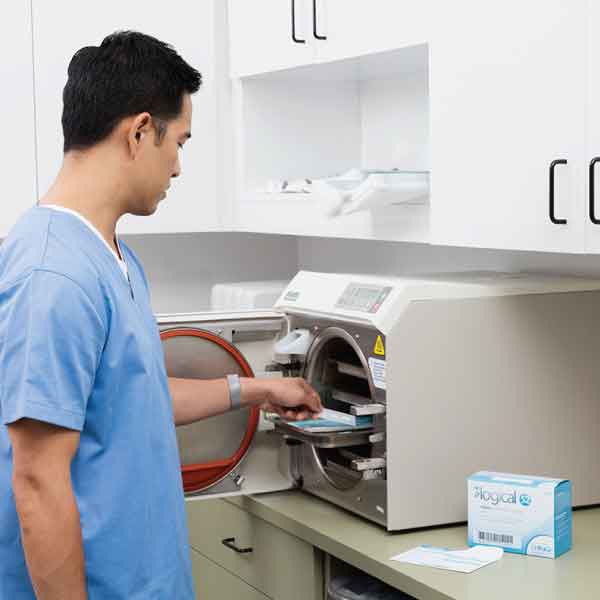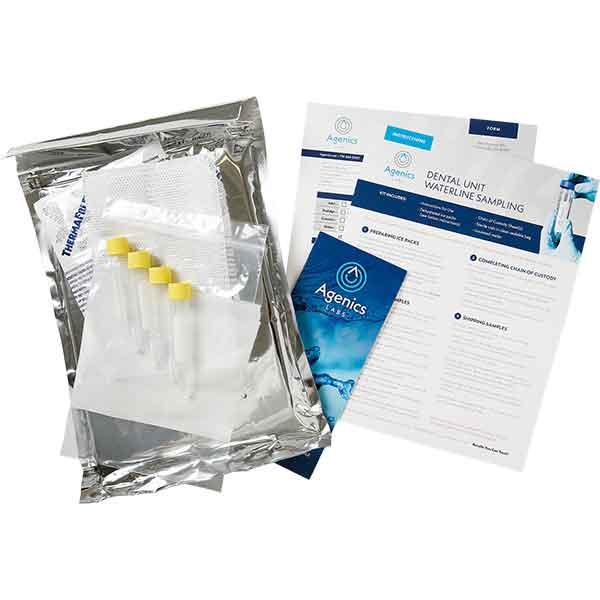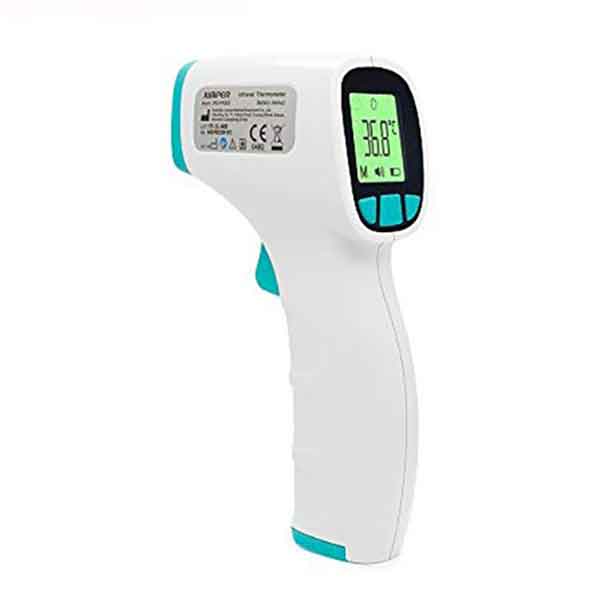In the realm of healthcare, protecting patient privacy and ensuring the security of sensitive medical information is of paramount importance. The Health Insurance Portability and Accountability Act (HIPAA) has long been a cornerstone of patient data protection, setting guidelines and standards for how healthcare providers handle patient information. One significant expansion of these regulations is the HIPAA Omnibus Rule, which has far-reaching implications for various healthcare entities, including dental facilities.
An Overview of the HIPAA Omnibus Rule
Enacted in 2013, the HIPAA Omnibus Rule introduced critical changes and additions to the existing HIPAA regulations. Its primary goal is to enhance the privacy and security protections for patients’ health information and to bring business associates of covered entities directly under HIPAA’s regulatory framework.
The Omnibus Rule introduced several key provisions, including:
- Enhanced Breach Notification Requirements: The rule mandated that covered entities (the dental facility) and their business associates (hired vendors that view and electronically process patient information), promptly notify patients and the Department of Health and Human Services (HHS) in the event of a data breach involving unsecured protected health information (PHI). This requirement ensures that patients are informed of potential risks to their privacy and allows them to take necessary precautions.
- Stricter Business Associate Accountability: Under the Omnibus Rule, business associates of covered entities (third-party vendors, contractors, etc.) are now directly liable for complying with certain HIPAA requirements, including maintaining the security of PHI. This change holds these associates accountable for their role in safeguarding patient data.
- Marketing and Fundraising Provisions: The rule introduced limitations on the use and disclosure of patient information for marketing and fundraising purposes. Patients must now provide explicit authorization before their health information can be used for these activities.
- Restrictions on the Sale of PHI: The Omnibus Rule prohibited the sale of PHI without the patient's explicit authorization, except in specific circumstances, such as public health or research purposes.
Application to Dental Clinics
Dental clinics, as healthcare providers that collect, store, and transmit patients’ health information, are subject to the provisions of the HIPAA Omnibus Rule. Here’s how the rule applies to dental practices:

Data Security and Breach Notification
Dental clinics must implement robust security measures to safeguard patients’ electronic health records (EHRs) and other forms of PHI. This would include encryption of texts, emails and fax transmissions. In the event of a data breach, clinics must follow the breach notification requirements, including notifying affected patients and reporting the breach to the HHS.


Business Associates
Dental clinics often collaborate with third-party entities, such as encryption, data storage or billing services. These entities, as business associates, must now adhere to HIPAA regulations and sign business associate agreements, outlining their responsibilities for protecting patient data. **(Dental Labs have been exempt, having their own HIPAA compliance since 2012)


Marketing and Fundraising
Dental offices that engage in marketing or fundraising activities using patient information must obtain explicit authorization from patients before using their PHI for such purposes.


Sale of PHI
Dental clinics cannot sell patients’ PHI without their explicit consent, except in situations defined by the rule.
Compliance Challenges and Importance
Complying with the HIPAA Omnibus Rule can pose challenges for dental clinics. They must invest in cybersecurity measures, conduct regular risk assessments, and train staff to handle PHI securely. Failure to adhere to the rule’s provisions can lead to significant penalties, including monetary fines and reputational damage.
Moreover, strict compliance is essential for maintaining patient trust. Dental clinics handle sensitive information related to patients’ oral health and overall well-being. Ensuring the confidentiality of this information fosters a strong doctor-patient relationship and demonstrates a commitment to ethical and responsible healthcare practices.
Conclusion
The HIPAA Omnibus Rule represents a significant stride in enhancing patient privacy and data security across various healthcare sectors, including dental clinics. By understanding the rule’s provisions and diligently implementing the necessary measures, dental practices can protect patients’ sensitive information, uphold their professional integrity, and contribute to a safer and more secure healthcare ecosystem. As the digital landscape continues to evolve, compliance with regulations like the HIPAA Omnibus Rule remains a cornerstone of ethical and responsible healthcare practices.
If you believe that your dental offices is in need of more refined HIPAA protocols, feel free to contact our compliance experts for a complimentary HIPAA Status Evaluation. Give us a call at 941-587-2864 or email us at OSHAHIPAA@healthfirst.com.

















































































